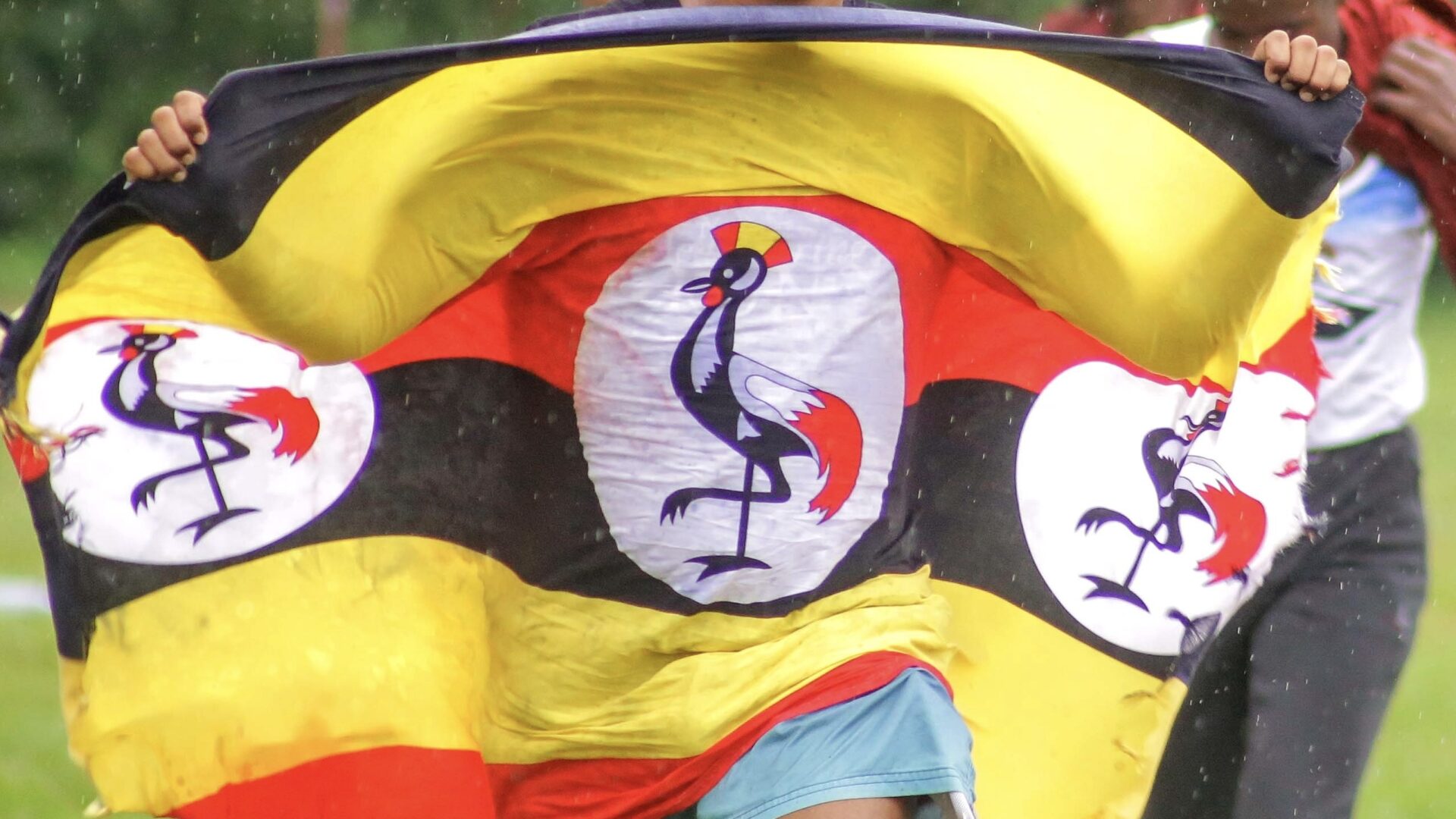Uganda man faces death penalty for ‘aggravated homosexuality’
It would be the first charge of its kind under Uganda's new law.

A man in Uganda has been charged with “aggravated homosexuality,” an offence which could see him get the death penalty.
It’s believed to be the first case under the African country’s recent law, which was first passed in March. It was later updated so people weren’t criminalised for simply being a member of the LGBTQ community.
The bill, which included child abuse under the term “aggravated homosexuality,” stated it was punishable by death. People could face up to 14 years in jail for “attempted aggravated homosexuality.”
As per reports, including Metro, the man, 20, was arrested in the eastern city of Soroti on 18 August.
As per Metro, the charges the man faces include “performing unlawful sexual intercourse” with a man, 41.
“We stand united with those in Uganda”
Justine Balya, who is representing the man, described Uganda’s horrific law as “unconstitutional.” Balya also said four people had been charged under the law since May.
The arrest comes as 67 people in Nigeria have been detained for attending a gay wedding.
Speaking to Attitude, Jean Freedberg, the Director of Global Partnerships at Human Rights Campaign said they were “deeply concerned.”
“Uganda’s Anti-Homosexuality Act is the most draconian bill of its kind and targets LGBTQ+ people simply because of who we are and who we love,” Freedberg continued.
“It’s clear that the harms of this law, including these arrests, will only end once the Ugandan Government fully repeals this egregious legislation. We stand united with those in Uganda who are leading the efforts to protect LGBTQ+ lives and combat this law.”
“Lives are at stake”
After the law was passed it was called out by the international community as well as human rights groups.
Arthur Kayima, a queer human rights activist in Uganda, said the “vile, deadly legislation will do nothing to improve Uganda or the lives of Ugandans.”
In an op-ed for Attitude, the Executive Director of Kaleidoscope Trust, Phyll Opoku-Gyimah, said “lives are at stake.”
She continued: “And there is a key challenge to relocate human rights defenders that have been personally targeted to safe locations and continuing to support the work of their organisations in order to try to ensure all momentum is not lost.”
